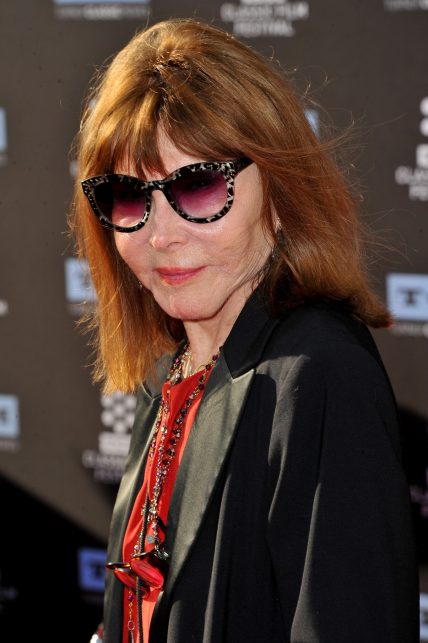Back in the 1950s, Lee Grant was one of Hollywood’s rising stars—praised for her beauty, talent, and unforgettable screen presence. But just as her career was taking off, it all came crashing down.
Grant made her big debut in Detective Story alongside Kirk Douglas, earning both an Oscar nomination and a Best Actress award at Cannes. With that kind of momentum, she seemed destined for superstardom. But then, without warning, she vanished from the spotlight.
Why? She was blacklisted—shut out of the industry for 12 long years.

Her fall from grace wasn’t because of a scandal or poor performance, but because she gave a heartfelt eulogy in 1951 for actor J. Edward Bromberg. In it, she criticized the stress caused by the House Un-American Activities Committee (HUAC), which was targeting actors during the Red Scare. That speech cost her everything.
For over a decade, Grant struggled to get roles. In an industry ruled by powerful studio execs, speaking out—even indirectly—could end a career. And for Grant, it did.
Still, she didn’t give up. After years of rejection, she fought her way back, undergoing a facelift and taking whatever parts she could get. Eventually, she landed major roles in Valley of the Dolls, Columbo, Shampoo, and Mulholland Drive—even winning an Academy Award for Best Supporting Actress.
Today, at over 90 years old, Lee Grant is still going strong—and happily married to a younger husband. Her story is a powerful reminder of how Hollywood can be both brutal and redemptive—and how resilience can outshine even the darkest chapters.